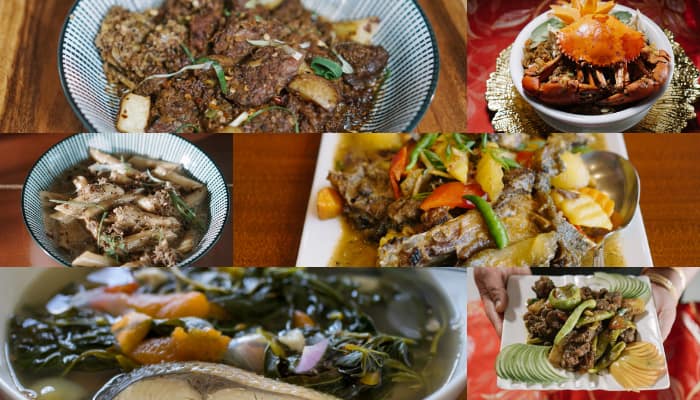Manila, Philippines – As part of the country’s move for the eventual resumption of the tourism industry, the Department of Tourism (DOT) of the Philippines has launched its Halal Culinary Heritage Series, a campaign that encourages dining discoveries for our Muslim counterparts, as well as highlights the country’s food traditions.
Launched in July 2021, the initiative showcases unique food finds in Mindanao through a video series posted on the Department’s social media platforms including Facebook, YouTube, and Instagram.
“Food is an important part of a tourism experience. It gives us a glimpse of a place’s culture and heritage. Through the development of our Halal Culinary Tourism, we are encouraging the discovery and familiarity with the culinary traditions of our Muslim brothers and sisters in the Philippines,” says Tourism Secretary Berna Romulo Puyat.
Said campaign is part of the Mindanao Halal Culinary Tourism, a project of the DOT with the Brunei Darussalam–Indonesia–Malaysia–Philippines East ASEAN Growth Area (BIMP-EAGA). Aside from promoting the heritage of Mindanao and familiarity with its culture, the project also aims to document culinary practices of the area through food mapping.
“With this initiative, there will be more knowledge and a better understanding of Filipino Halal cuisines and cooking traditions. The Philippines is creating new experiences and attractions in its different regions, so there is always more to explore,” the tourism department said in a press statement.
Through the campaign, tourists visiting Manila will be able to find restaurants and eateries that offer Halal-certified food, ranging from the stalls located at the area known as Muslim Town near the Golden Mosque in Quiapo that offer culinary delights such as ‘bakas’ or Bamboo-smoked tuna and a glutinous rice cake called ‘dodol’.
The campaign also showcases El Prado dining outlet of the Berjaya Hotel Makati which offers dishes such as tinolang Manok (chicken in ginger broth with vegetables), a halal ‘nilagang baka’ (boiled beef with vegetables) and ‘sinigang na baka’ (beef simmered in a clear sour soup with vegetables).
The region of Mindanao offers a rich trove of halal Filipino items, ranging from dry curry ‘beef rendang’ or its fusion version as a ‘beef rendang penne’ at a restaurant called Torogan Kape in the city of Cagayan de Oro, ‘sinina kambing’ or goat meat stewed in spices and served with crab rice from Hashy’s Cuisine in Cotabato, ‘buntot (tail) ng tuna’ in curry sauce and ‘palapa’ (sweet and spicy Filipino condiment) by Tambilawan Kamayan Restaurant in General Santos City, to name a few.
The tourism department adds, “There are even more food discoveries to be found in the Philippines, with a culinary heritage that has been passed down from generations. While there are new dishes that have evolved from the basic recipes through the years, the flavors are just as rich and exciting.”

















